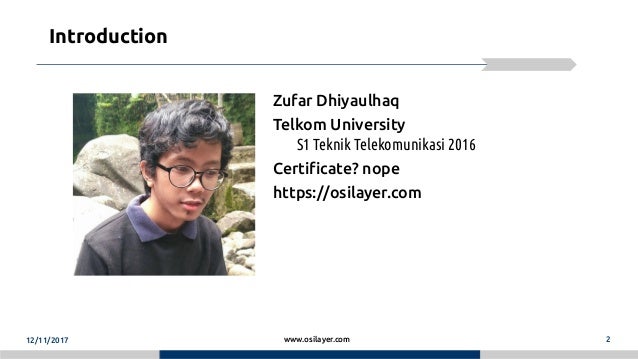CHR is short for Cloud Hosted Router. It is a virtual router, running RouterOS. Images are available for VMware, Hyper-V, VirtualBox and generic x86 images for other virtualisation technologies or physical x86 servers. CHR is short for Cloud Hosted Router. It is a virtual router, running RouterOS. Images are available for VMware, Hyper-V, VirtualBox and generic x86 images for other virtualisation technologies or physical x86 servers. VMware - vSphere - ESXi. Download ROS as VMDK from Mikrotik under the Cloud Hosted Router section. I typically go for Current. Create a new folder on your datastore and upload the CHR-VMDK file; Create a new VM on the ESXi host, use Linux and Other Linux (64-bit) as guest OS options; Select your datasore you want to install on.

- Mikrotik Products - Cloud Hosted Router (CHR) is a RouterOS version meant for running as a virtual machine. It supports x86 64-bit architecture and can be used on most of popular hypervisors such as VMWare, Hyper-V, VirtualBox, KVM and others.
- Step 6: Do not create a new drive for the guest, instead, select option - 'Use existing disk' and browse to the download folder where you have downloaded the VHDX image from the MikroTik download page. Step 7: Select the downloaded image file. Step 8: The summary of the configuration. Step 9: Setup is complete, just start the created guest.
| EVE Image Name | Downloaded Filename | Version | vCPUs | vRAM | Console |
|---|---|---|---|---|---|
| mikrotik-6.40 | chr-6.40.4.img.zip | 6.4.0 | 1 | 256 | Telnet |
Mikrotik Chr
| Instructions |
|---|
| Other versions should also be supported following bellow’s procedure. 1. Download Mikrotik Cloud router image chr-6.40.4.img.zip from: 2. Using any archivator program unzip it to get image file chr-6.40.4.img Accordingly our image naming table: 3. SSH to your EVE and create directory for Mikrotik node. Acdsee 2020 keygen. Most features are disabled because your office product is inactive known. 4. Upload the chr-6.40.4.img image to the created directory using for example FileZilla or WinSCP. 5. Go to newly created folder and convert the disk to the qcow2 format: 6. Fix permissions: Default username is admin with no password. |


